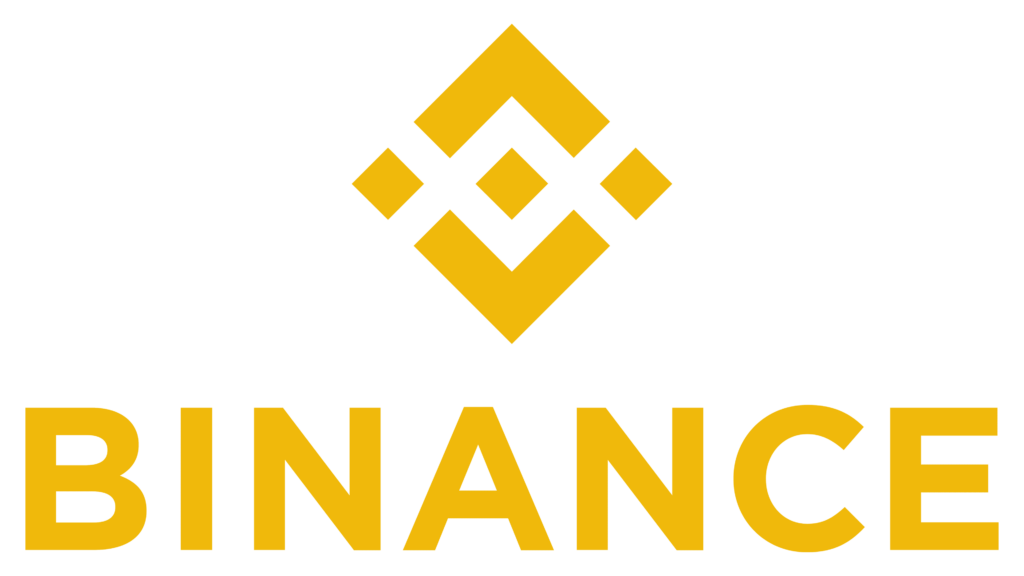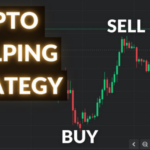
Forex trading refers to the buying and selling of foreign currencies with the goal of making a profit from the fluctuation of exchange rates. This is a complex and diverse market that has different trading strategies. It’s primarily used by financial institutions, corporations, and governments, but individual investors can also participate.
This article explains the basics of Forex trading, including the key terms to understand, alternatives, FAQs, and benchmarking.
Key Terms to Understand
Before trading, you must understand the following terms:
1. Forex Brokers – are entities that act as intermediaries between buyers and sellers in the Forex market.
2. Pips and pipettes – refer to the smallest price increment in the exchange rate of a currency. Pips are usually displayed in four decimal places, while pipettes are showed in five decimal places.
3. Spread – refers to the difference between the buying and selling price of a currency.
4. Leverage – the market exposure of a trader.
5. Margin – is the minimum deposit that the trader has to put up to open a position.
6. Forex trading plan – is a written set of guidelines and goals that the trader follows in their trading activities.
Alternatives to Forex Trading
1. Stocks – refer to the ownership of a small part of a company’s assets. They have the potential to generate high returns.
2. Bonds – are issued by companies, governments or international financial institutions to raise capital. They have low yields.
3. Commodities – refer to agricultural products, crude oil, precious metals, and natural resources. They’re highly volatile and can offer high returns.
FAQs on Forex Trading
1. What’s the minimum deposit required to open a Forex trading account?
The minimum deposit depends on the broker and the type of account. Generally, beginners should consider opening a demo account, which allows paper trading without risking actual funds.
2. What’s the cost of trading Forex?
The cost varies and includes the spread, commission, and swap fees. You should ensure to compare fees before choosing a broker.
3. What’s the best Forex trading strategy for beginners?
Beginners should select a trading strategy that suits their personality and risk tolerance. The most common strategies include scalping, swing trading, and position trading.
Benchmarking
In a research by Investopedia, IG Markets was ranked the best Forex broker for beginners because it offers a user-friendly platform with useful educational resources. The broker offers low spreads and provides a starting deposit of $250.
Conclusion
Forex trading is a high-risk, high-reward market that requires focus and knowledge to succeed. Before entering the market, you must have a clear Forex trading plan, understand the key terms used, and determine your risk tolerance. Additionally, beginners should start with a demo account to practice without risking any money.
Overall, Forex trading can provide an opportunity to generate significant returns, but you should only invest funds that you can afford to lose.







